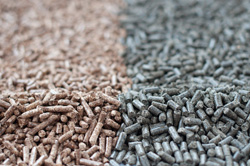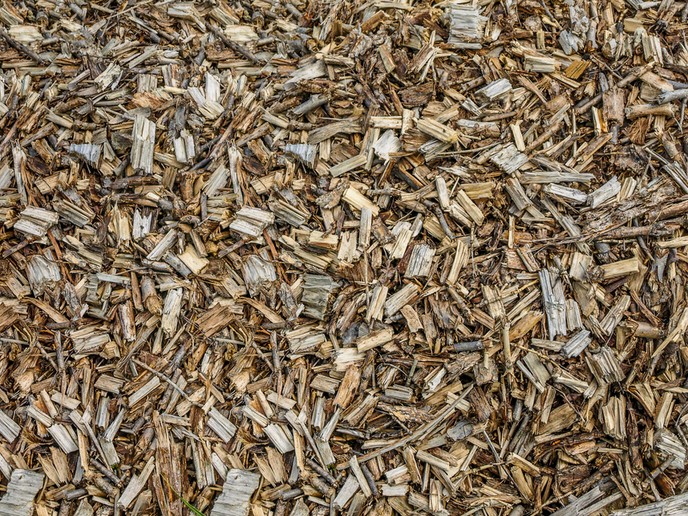Biomass as an alternative to plastics
Synthetic plastics and wood are used in the industrial mass manufacturing of a variety of products found virtually everywhere. The ability to use renewable natural resources from biomass extracts as an alternative to these materials would take industrial manufacturing to a new level of sustainability. Among the many potential benefits are preservation of natural resources, cost reductions and eco-efficiency. European researchers sought to develop new, high quality materials derived solely from biomass extracts and including additives only from natural resources via funding for the ‘New classes of engineering composite materials from renewable resources’ (Biocomp) project. Investigators focused on biopolymers or precursors and reinforcing natural fibres readily available in Europe. In addition, they sought to exploit the same processing methods currently used for synthetic polymers and wood to facilitate an easy and cost-efficient transition. Finally, the end products were developed to demonstrate properties equal or superior to those of their conventional counterparts. Biopolymers lignin, starch, polyactide (PLA) and polyhydroxybutyrate (PHB) were modified with natural fibres to enhance impact resistance via innovative long fibre direct processing and in-line compounding (LFT-D-ILC). Lignin biocomposites demonstrated excellent acoustic properties making them a certain competitor for loudspeaker housings. PLA modified with cellulose-regenerated fibres (the main constituent of plant cell walls) surpassed the impact strength targets of the project without a reduction in tensile strength, providing an attractive alternative to the synthetic plastics used for housings of electronic equipment and automotive interiors. PLA matrix composites were successfully used in conventional extruders in the same way that wood plastic composites are used. Overall, Biocomp successfully employed biomass constituents reinforced with natural fibres to produce biocomposites capable of being processed with standard methods of plastic mass production and with comparable or superior properties to conventional synthetic polymers. Biocomp concepts are positioned to revolutionise industrial manufacturing of a variety of consumer products previously based on synthetic plastics and wood. Adoption of sustainable materials in this huge manufacturing sector has the potential to make a significant impact on jobs, economies and the planet.







